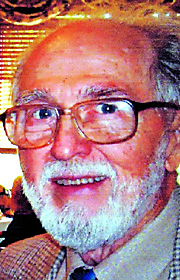Before they needed to lean on walking sticks or hunch their shoulders, they led thousands in a movement.
RELATED ARTICLE
One man's personal look at the civil rights struggle
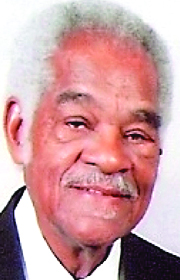 John Lloyd Edwards Jr.
Longtime pastor of Cosmopolitan Community Church, he led desegregation of public housing in Chattanooga and fought to desegregate Erlanger hospital, Hamilton County Nursing Home and other medical centers, and founded the Mary Walker Historical and Educational Foundation, which supports reading and literacy programs.
John Lloyd Edwards Jr.
Longtime pastor of Cosmopolitan Community Church, he led desegregation of public housing in Chattanooga and fought to desegregate Erlanger hospital, Hamilton County Nursing Home and other medical centers, and founded the Mary Walker Historical and Educational Foundation, which supports reading and literacy programs.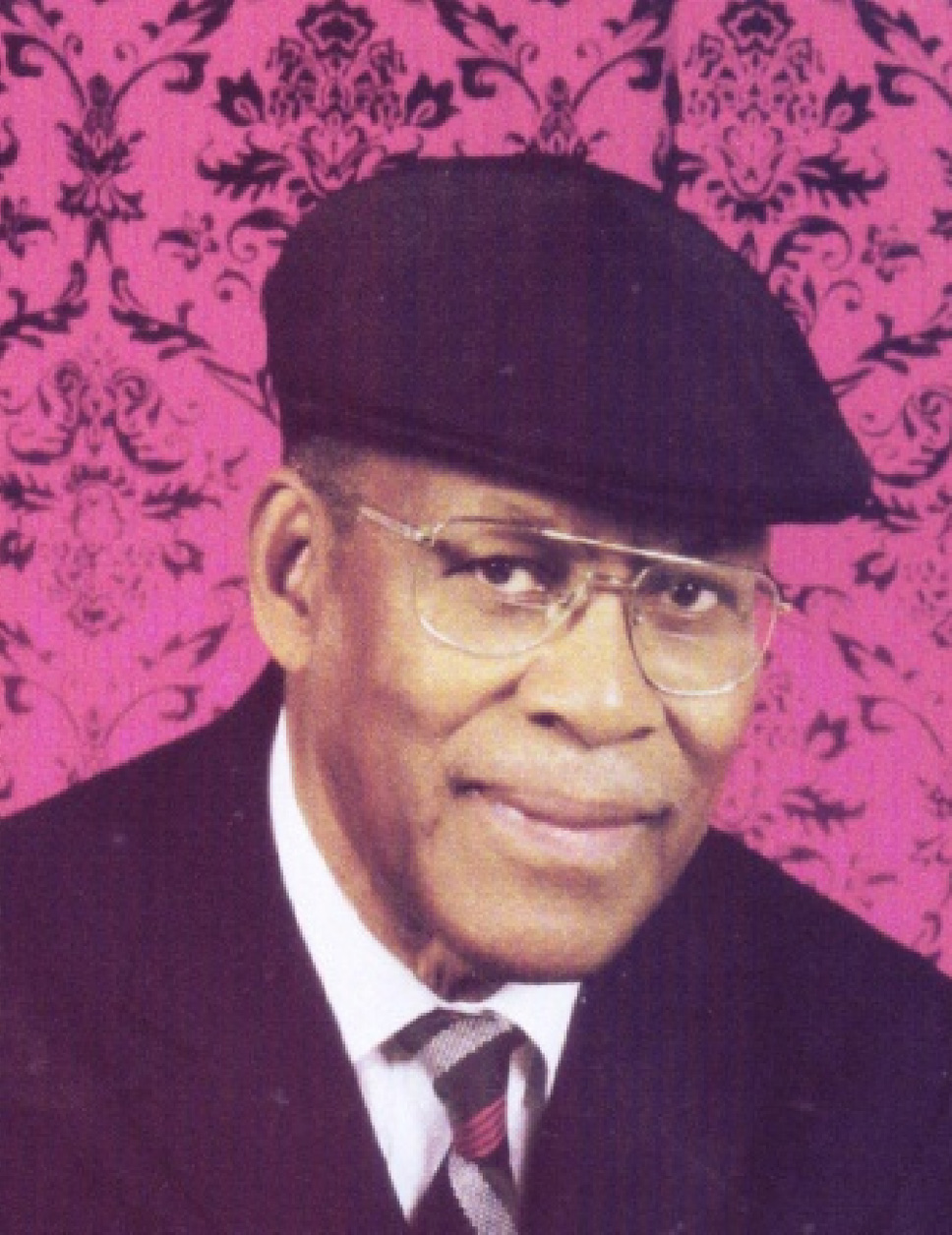 Johnny Holloway
A retired TVA associate engineer, he worked through the Action Coordinating Council, NAACP and Unity Group to battle segregation. A plaintiff in the lawsuit that changed Chattanooga's government he helped bring the PUSH for Excellence program to local middle and high schools, helped create free breakfast and reading programs for poor students.
Johnny Holloway
A retired TVA associate engineer, he worked through the Action Coordinating Council, NAACP and Unity Group to battle segregation. A plaintiff in the lawsuit that changed Chattanooga's government he helped bring the PUSH for Excellence program to local middle and high schools, helped create free breakfast and reading programs for poor students.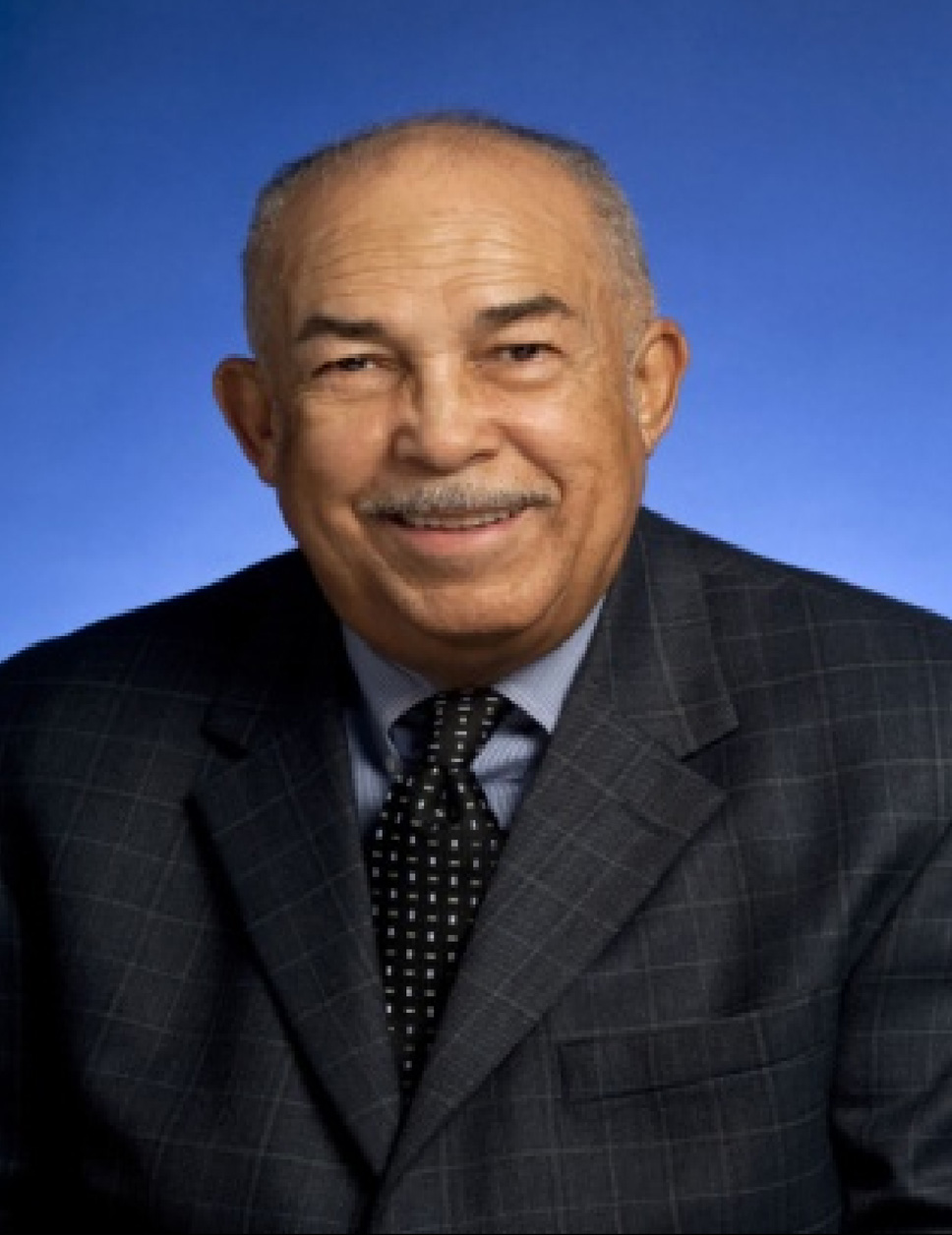 Paul A. McDaniel
Pastor of the Second Missionary Baptist Church and 20-year Hamilton County commissioner active in NAACP and Operation PUSH, he fought a legal battle to the U.S. Supreme Court for the right of clergy persons to serve in elected office and served as a delegate to the 1977 Tennessee Constitutional Convention.
Paul A. McDaniel
Pastor of the Second Missionary Baptist Church and 20-year Hamilton County commissioner active in NAACP and Operation PUSH, he fought a legal battle to the U.S. Supreme Court for the right of clergy persons to serve in elected office and served as a delegate to the 1977 Tennessee Constitutional Convention.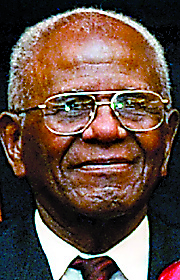 John P. Franklin Jr.
Former head of physical education and later principal in Chattanooga schools, he was elected education and health commissioner under the city's former government. He was Chattanooga school board chairman and president of the Tennessee School Boards Association, as well as the first African American president of the Tennessee Municipal League.
John P. Franklin Jr.
Former head of physical education and later principal in Chattanooga schools, he was elected education and health commissioner under the city's former government. He was Chattanooga school board chairman and president of the Tennessee School Boards Association, as well as the first African American president of the Tennessee Municipal League.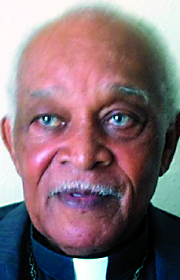 Herbert H. Wright
A pastor for 50 years, founded what would become the Wesley Chapel Christian Community Church, helped change the city's political structure from a commission to a more representative city council. Founding member of the 28th Legislative District Community Development Corp. and honored by Tennessee Human Rights Commission for community involvement.
Herbert H. Wright
A pastor for 50 years, founded what would become the Wesley Chapel Christian Community Church, helped change the city's political structure from a commission to a more representative city council. Founding member of the 28th Legislative District Community Development Corp. and honored by Tennessee Human Rights Commission for community involvement.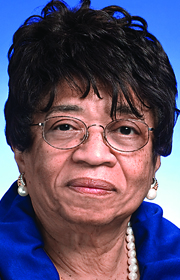 Tommie F. Brown
Plaintiff in lawsuit that changed Chattanooga government, she was professor of social work at UTC for 27 years. She served 20 years in Tennessee House of Representatives and chaired numerous legislative committees and civic groups, including as vice president of the NAACP's Chattanooga chapter.
Tommie F. Brown
Plaintiff in lawsuit that changed Chattanooga government, she was professor of social work at UTC for 27 years. She served 20 years in Tennessee House of Representatives and chaired numerous legislative committees and civic groups, including as vice president of the NAACP's Chattanooga chapter.They used to register people to vote, hitchhike 700 miles to the Capitol and sit near waitresses who never called someone of their color a customer. They broke rules and worried parents. They met with Jackie Robinson, Rosa Parks, Dr. Martin Luther King Jr.
They marched and protested and pushed for new legislation, convincing politicians to let them eat, sleep and learn in places they previously couldn't. They saw victory, and they saw death.
But those days are now behind them, mostly. Visions have blurred, waistlines expanded, hair has turned white or abandoned its former owners altogether.
Local and national civil rights leaders gathered inside the Community Theater at the Soldiers and Sailors Memorial Auditorium on Saturday afternoon for the Freedom Jubilee Celebration, an event marking the 150th anniversary of the Emancipation Proclamation and the 50th anniversary of the March on Washington for Jobs and Freedom.
The Rev. Samuel Jackson of Union Hill Missionary Baptist Church came up with the event in the last week of February. He doesn't know why. He drove home from Gadsden, Ala., and he thought back on those old protests and decided the city needed a celebration in April, the month when assassins killed both Abraham Lincoln and King.
Jackson invited eight local residents to be honored for their civil rights involvement. He also honored the Howard class of 1960, the group of students who started a sit-in movement here. Jackson also invited three speakers: former Southern Christian Leadership Conference strategist C.T. Vivian, Knoxville-based pastor the Rev. Harold Middlebrook, and Gadsden City Councilman Robert Avery.
The old leaders came Saturday to celebrate the past and discuss the future. Some worry about the coming years, when the country will deal with other forms of discrimination and worse, they say, an apathetic youth.
"We've gotten comfortable in our skin," Avery said. "When we get comfortable in our skin, we stop taking those opportunities to do things that need to be done. ... During the '60s, it was the young people who created the movement."
When Avery was 15, he volunteered during the March on Washington. Verner Jones was 17 in 1960 when he took part in the sit-in movements here. He remembered meeting with other Howard students and talking about similar movements happening in Nashville and North Carolina.
Jones wasn't scared, at least not until he looked back on the movement 20 years later, when he had two children of his own. Protesting was just something you did back then, he said. A matter of fact. He did it because he expected to change Chattanooga.
Students don't think like that today, he said. People are too private. Growing up, he spent all day outside, playing basketball and baseball. Moms sat on porches, just talking. From this environment, he said, bonding together was natural.
"We didn't have no iPods," Jones said. "None of those things. We had each other. That's all we needed."
Middlebrook, the Knoxville pastor, became active in high school, when he registered new voters and campaigned for black candidates. While at Morehouse College, he took part in a sit-in with King at a Davidson's department store. They got arrested together, and King's father - "Daddy King" - bailed him out.
In 1968, Middlebrook and the Rev. Jesse Jackson stood in a motel parking lot in Memphis, both men looking up at a balcony to talk to King about music. They didn't see the gunshots, Middlebrook said, but they heard them.
Middlebrook said he was active as a teenager because his grandparents and teachers and ministers expected him to be. They talked to him about current events, forced him to subscribe to newspapers. From the age of 5, he said, he believed he was important.
It's no coincidence Middlebrook became a preacher, like King and Jackson and so many other civil rights leaders. The church has long been the center of the black community, dating back to the days when a house of worship was the only place African-Americans could peacefully assemble.
Saturday's event could have unfolded inside any church around town this morning. Two choirs performed, speakers quoted Scripture and the audience yelled "Yes!' and "Uh-huh!" and "Amen!" at profound moments.
"He was a preacher who knew about the cross," Vivian told the crowd, reflecting on King. "He decided that he, too, would be willing to suffer until he died."
Contact Tyler Jett at tjett@timesfreepress.com or 423-757-6476.

